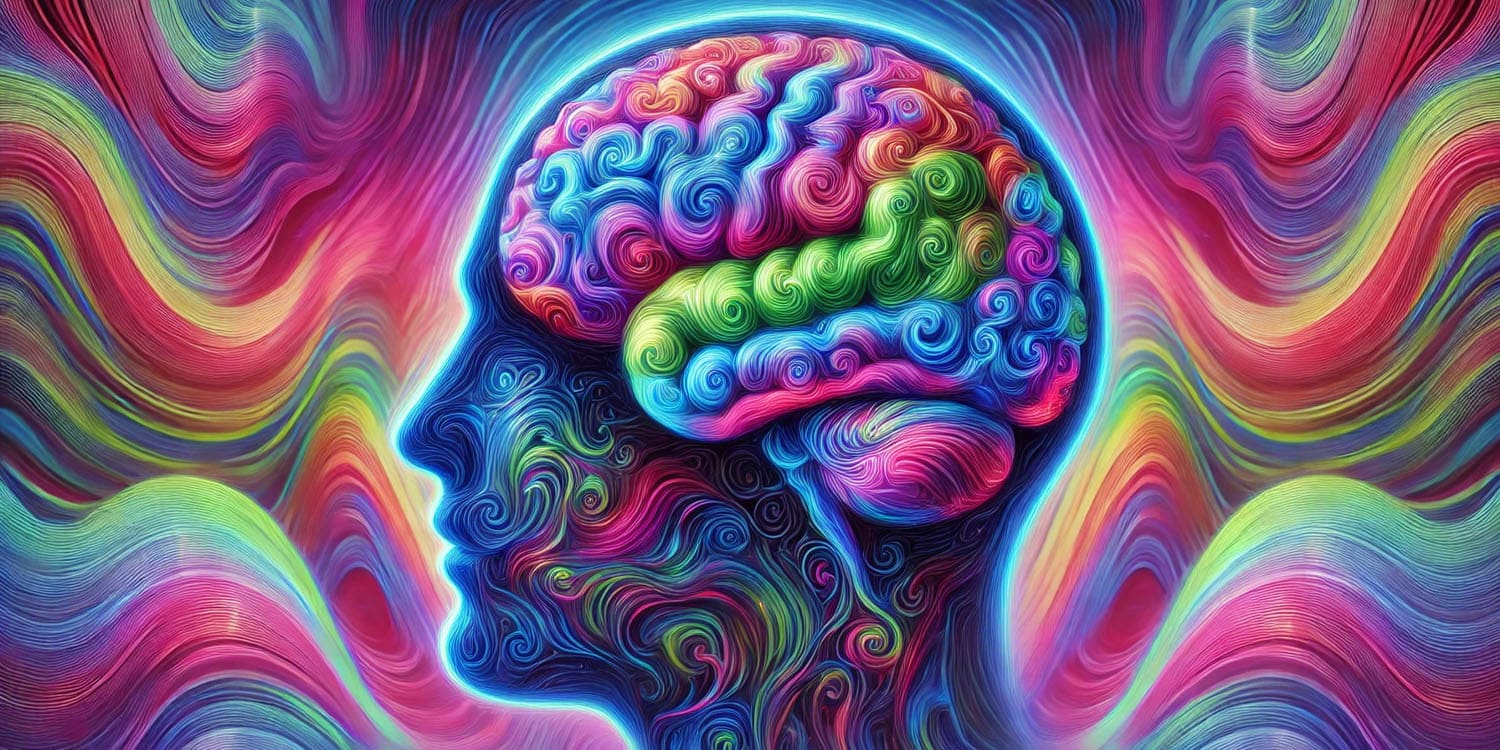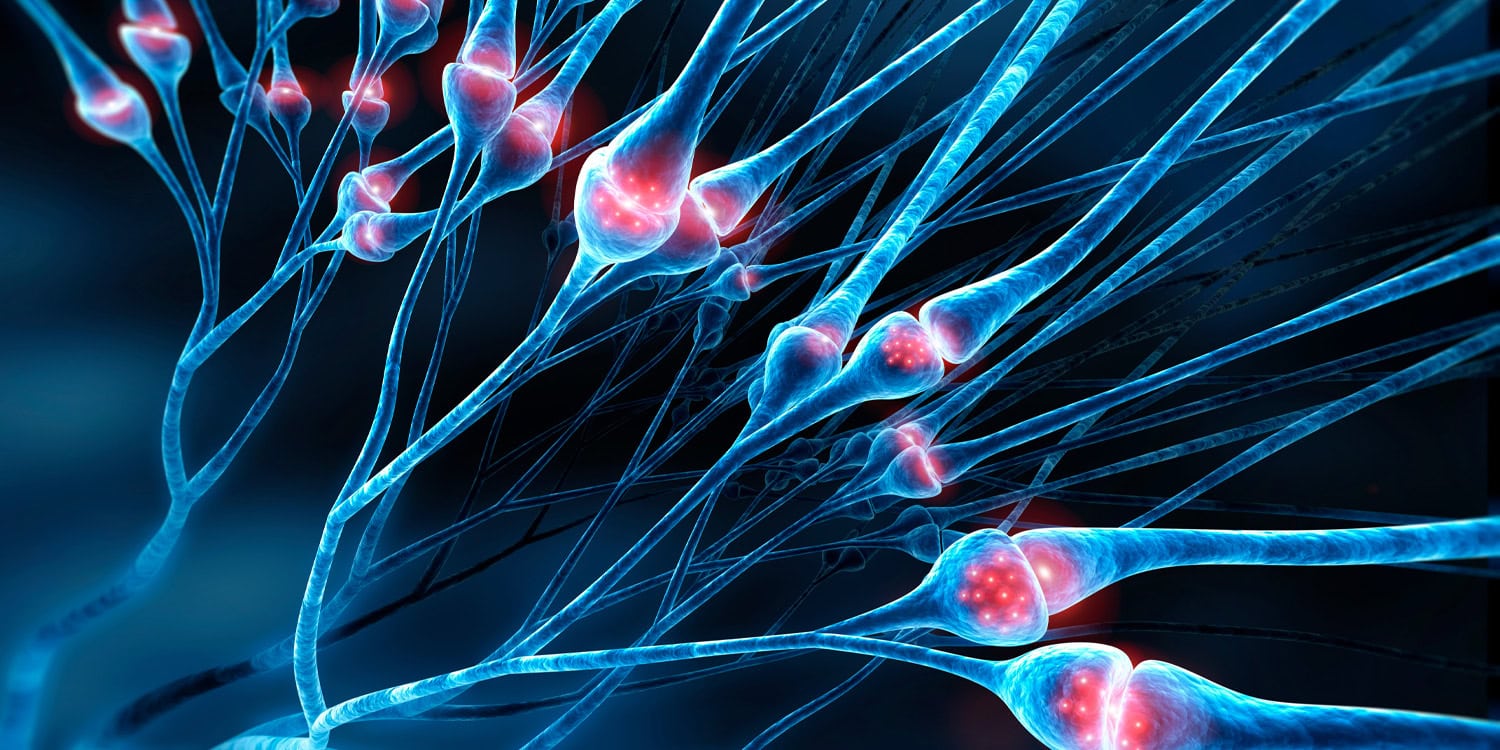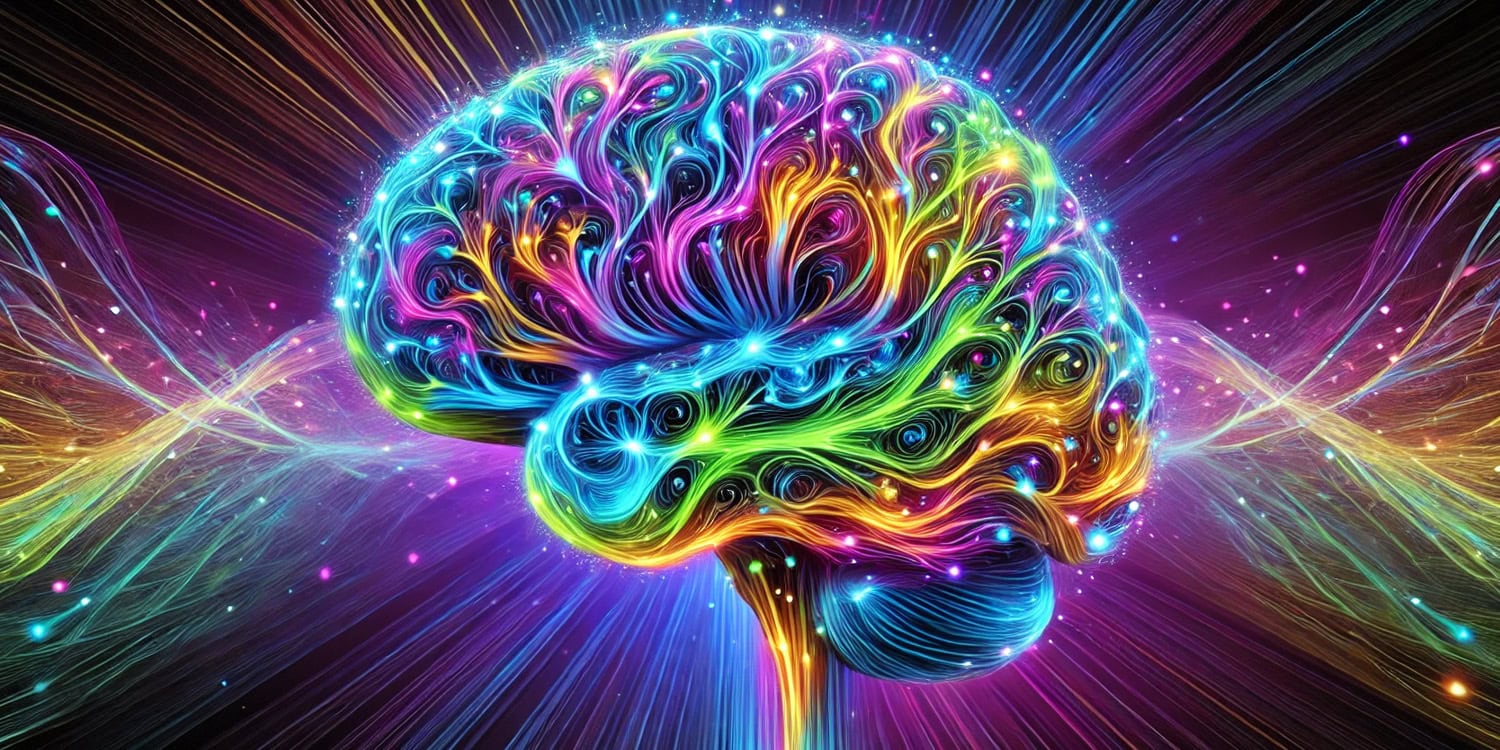
Timing of coffee consumption may affect longevity, researchers say
A new study published in the European Heart Journal has found that people who drink coffee primarily in the morning may have a lower risk of death—especially from heart disease—compared to those who drink coffee





